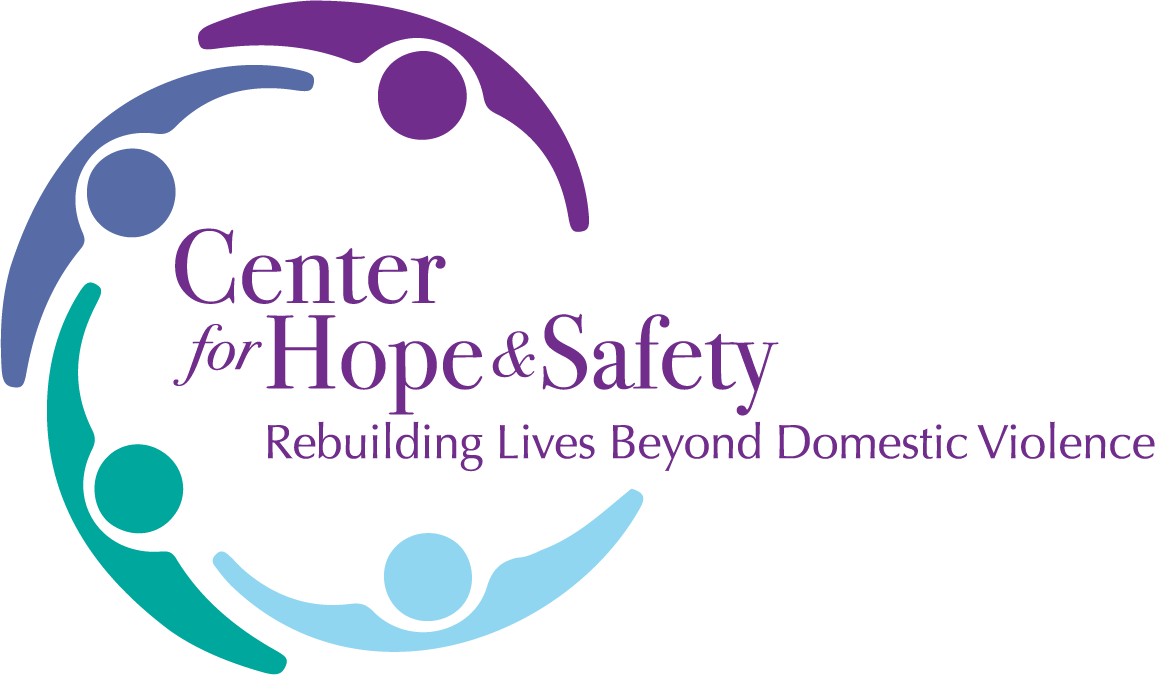On December 20, 2018, the Pet and Women Safety (PAWS) Act became part of United States law. The PAWS Act helps agencies that provide “shelter and housing assistance and support services for domestic violence victims with pets” by distributing grants from the Department of Agriculture to fund those services.
The PAWS Act includes several helpful provisions for abused individuals who have pets.
- The new law changes the definition of interstate stalking to include any action that leads a person to fear that their pet will be harmed or killed.
- It encourages states to include pets within domestic violence protection orders, including actual violence or threats of harm against the pet. New Jersey is one of more than 30 states that allow pets to be included within protection orders.
- If an abuser travels between states and harms or intends to harm a pet or pets specified in a protection order, the offender can be fined and/or sentenced to up to 5 years in prison.
- When an offense related to domestic violence is committed or an interstate protection order is violated, the “full amount of victim’s losses” must be paid by the offender. This amount includes any veterinary services that the victim’s pet(s) may need as a result of the criminal behavior.
The PAWS Act defines pets as any domesticated animals that are not kept for commercial purposes. Domestic violence includes dating violence, sexual assault, stalking, and intimate partner violence.
It’s hard to leave pets behind
Domestic violence victims may decide not to leave their abuser because they are afraid for their pets’ safety and well-being. In a study by Ascione and colleagues, as many as 70% of domestic violence victims had pets, and between 48% and 71% said their pets had been harmed or killed by their abusers. According to another research report, between 20% and 65% of domestic violence victims decide not to leave or delay leaving those who endanger them because of concern for their pets.4 Victims often do not know how to keep their pets safe or where to take them for protection. In fact, some decide to go back to their dangerous situations so they can better protect their pets.
The abuse of pets or the threat to harm pets is a form of power and control that abusers may leverage. Former ASPCA Senior Vice President Randall Lockwood explained, “The pets that are normally a source of comfort in families can become targeted, particularly if the abuser sees that as a way to get the power or control they’re looking for without inflicting harm directly on the child or spouse.”
Center for Hope & Safety is here for DV victims—and their pets. The Center for Hope & Safety collaborates with an organization that will shelter our clients’ pets. Please contact CHS at the 24-hour hotline (201-944-9600).
